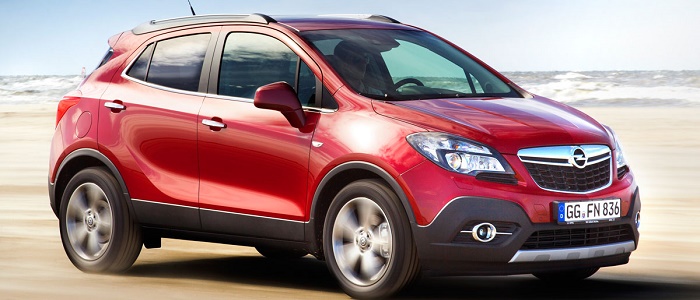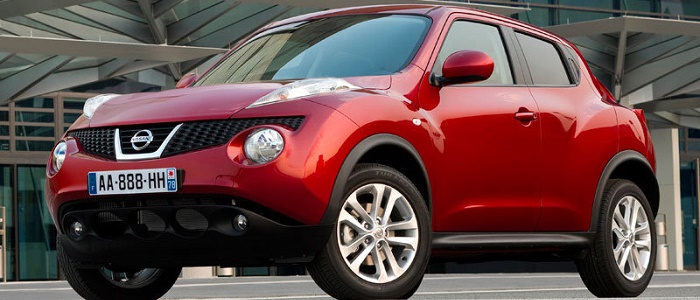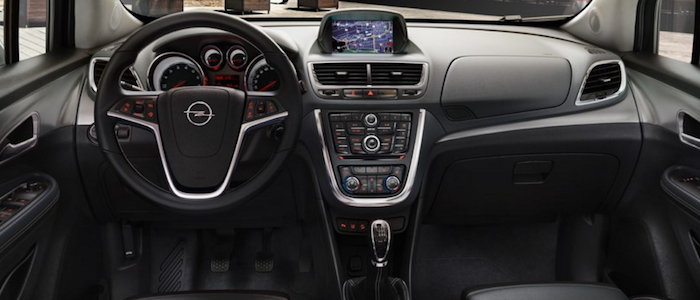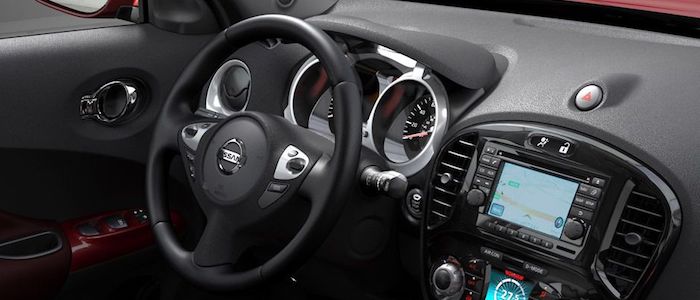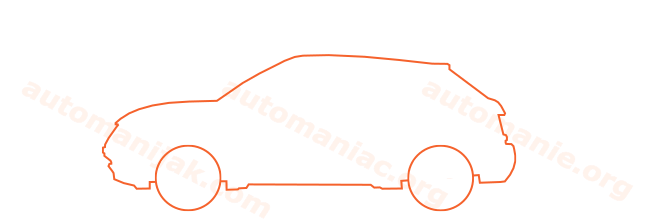Compare two cars
Compare any two cars and get our Virtual Adviser™ opinion
Dimensons & Outlines
Check a car with 30% off a report
Engine
1.5 dCi K9K 865
Performance (manual gearbox)
Performance (automatic gearbox)
Expenses
Virtual Adviser's™ opinion
Two significantly similar cars, no doubt about that. Still, each one has something different to offer. Having both cars powered by diesel engines and utilizing the 5-door suv body style within the same 'SUV' segment, the only major difference here really is their wheel drive configuration (4 x 4 for the Opel and front in the case of the Nissan). The first one has a Isuzu-engineered powertrain under the hood, a 4-cylinder, 16-valves 130hp unit, while the other one gets its power and torque from a 4-cylinder, 8-valves 110hp engine designed by Renault.
SafetyA starting point here would be to take a look at the results from European New Car Assessment Programme (Euro NCAP) tests which were performed on both of the cars, with the same number of safety stars gained in the process. Still, apart from the official crash test results there are other things we need to be aware of. Both vehicles belong to the suv segment, which is generally a very good thing safety-wise, still it doesn't help us solve our dilemma, does it? Furthermore, if we'd like to consider vehicle mass in this context too, which we definitely should, the German car offers a considerable difference of 22% more metal.
ReliabilityReliability is not the best thing to consider on the make level, but it is worth mentioning that Nissan does have a slight advantage, at least on all of the models level. That's the official data, while our visitors describe reliability of Opel with an average rating of 4.2, and models under the Nissan badge with 4.3 out of 5. Independent research findings rank Mokka as average reliability-wise, and Juke is more or less at the same level.That apart, owners of different cars powered by the same engine as the German car rank it on average as 4.2, while the one under the competitor's bonnet gets 4.3 out of 5.
Performance & Fuel economyOpel is a bit more agile, reaching 100km/h in 0.3 seconds less than its competitor. In addition to that it accelerates all the way to 184 kilometers per hour, 9km/h more than the other car. When it comes to fuel economy the winner has to be the Japanese car, averaging around 4.2 liters of fuel per 100 kilometers (67 mpg), in combined cycle. We can't ignore that 17% difference compared to the German car.
Verdict
Nissan appears just a bit more reliable, although the difference is truly marginal. The most important thing when deciding between any two vehicles should always be safety, both passive and active. In my opinion, everything taken into account, the German car offers significantly better overall protection, taking the lead here. It all continues in the same direction, with Opel being considerably quicker, thus putting more smile on driver's face. It does come at a cost though, and that's the fuel consumption... At the end, as much as I'd like to give you a winner here, it's simply a pure tie if you ask me. Anyway, that's the most objective conclusion I could've came up with and it's based solely on the information found on this website. Aspects such as design, practicality, brand value and driving experience are there for you to measure them out. Also, you could use the oportunity to find out which car, everything taken into account, would be the perfect choice for you in the eyes of the virtual adviser™, among thousands of similar, yet so different vehicles.























